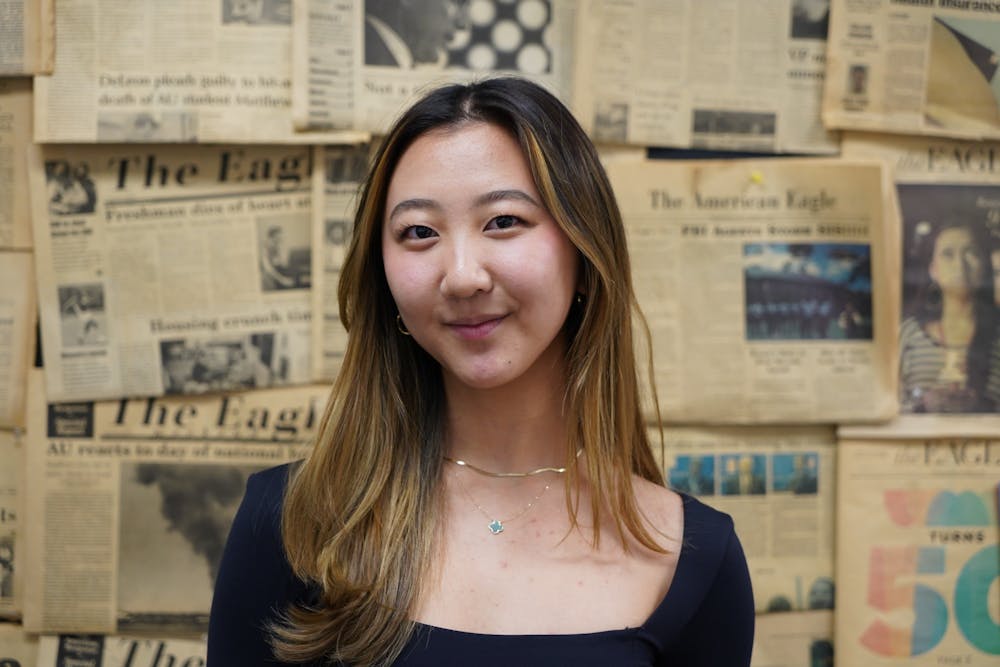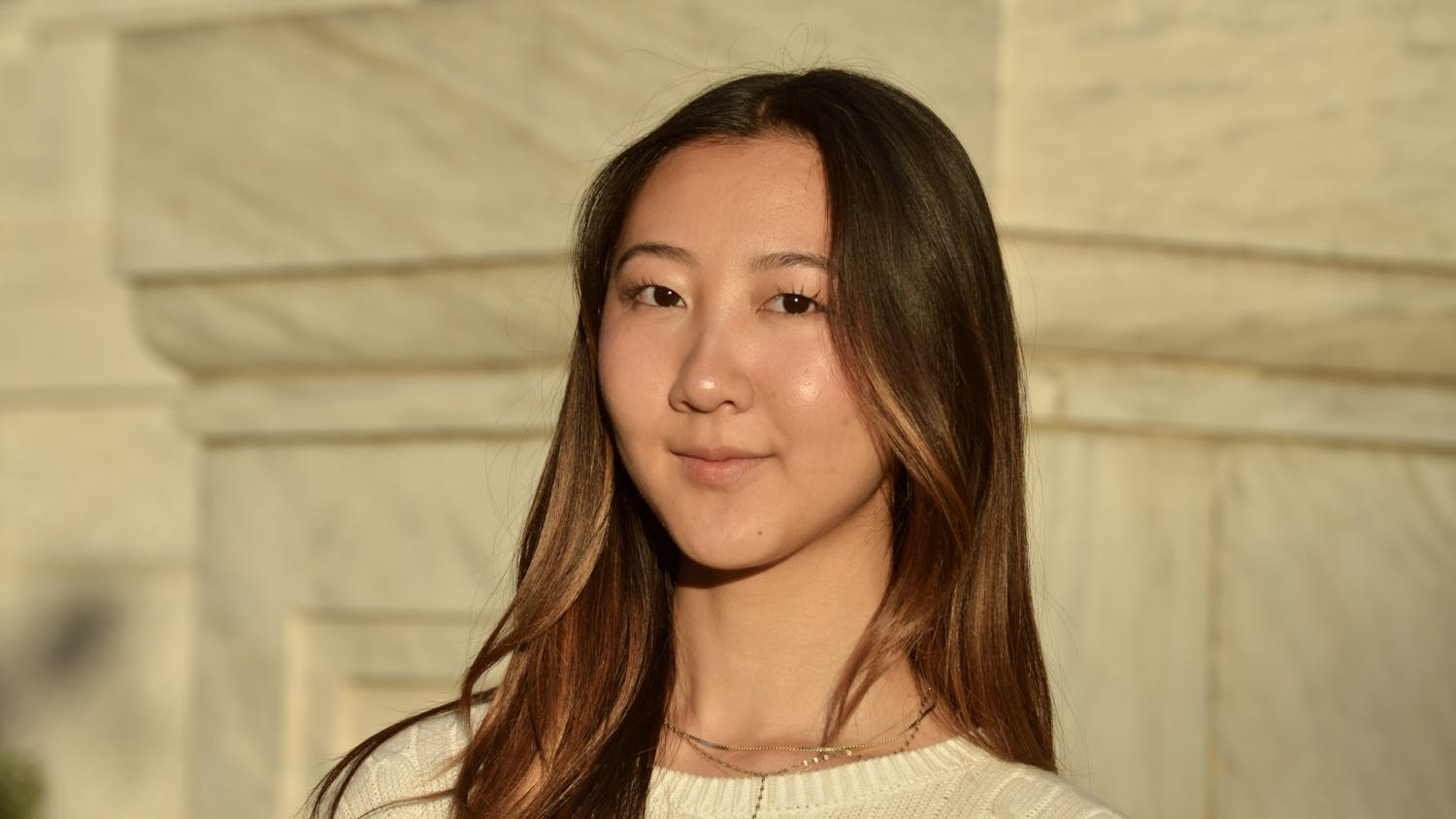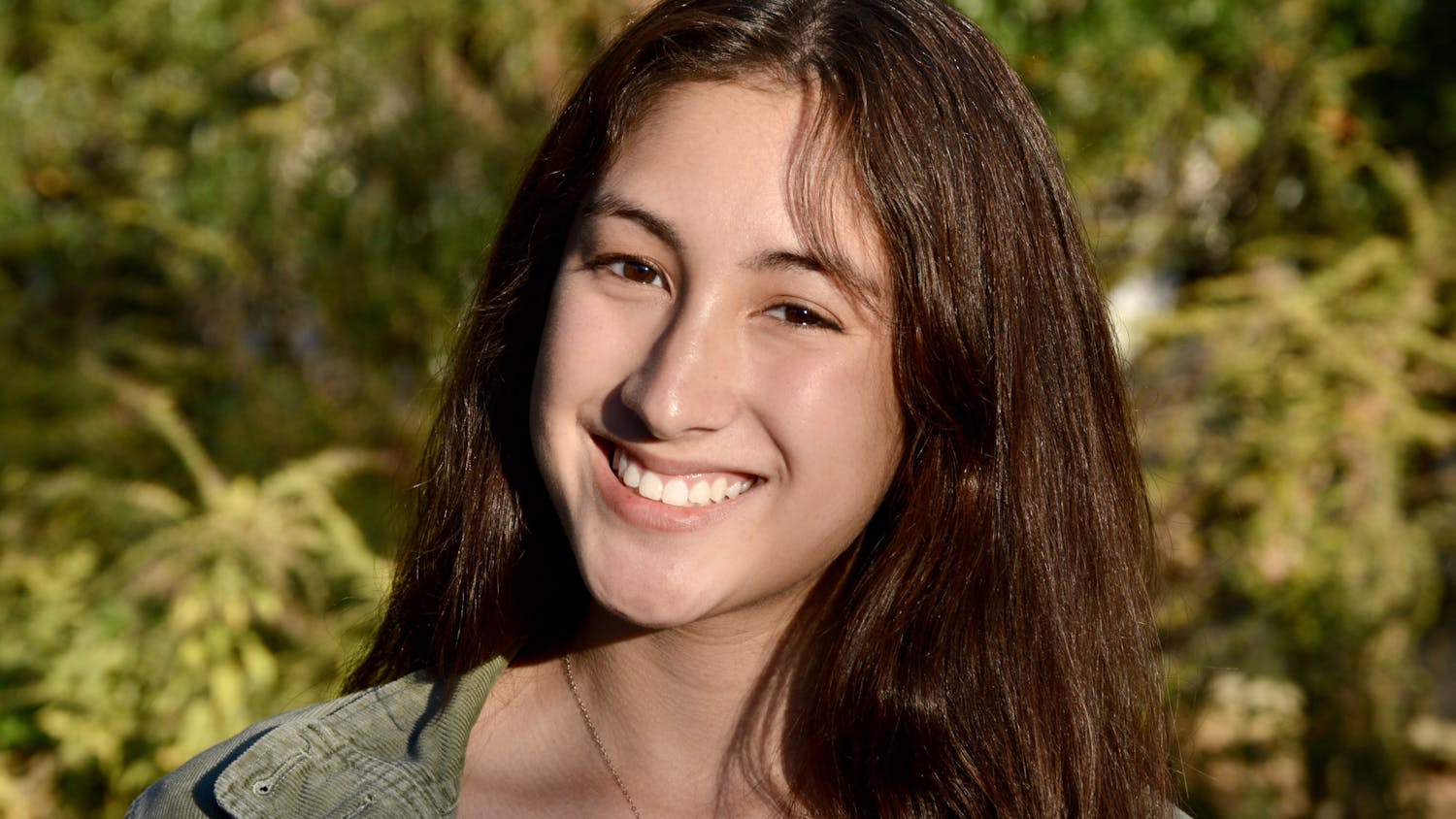The following piece is an opinion and does not reflect the views of The Eagle and its staff. All opinions are edited for grammar, style and argument structure and fact-checked, but the opinions are the writer’s own.
“Sam.” A beat passes as silence fills the classroom. I scan the room to locate Sam, who is on the opposite end of me. I raise my glance to the professor staring directly at me. “Yes, you, Sam,” she repeats. Then it clicks.
Sam is the only other Asian student in the classroom, and once again, a professor had mistaken me for another Asian girl. Granted, our names sound slightly similar, but the week prior, I had a similar experience in another class. I was rather tired of giving people the benefit of the doubt. I weighed my option of correcting the professor and just answered instead.
I was frustrated, but surprisingly, the overwhelming emotion filling my head was embarrassment. I became self-conscious, as if suddenly, the entire class was now hyper-aware of my race, catching onto the professor’s mistake. Do my classmates who know me feel pity? Do they find it awkward? It may just be a passing thought for other students, but those questions swirled in my brain for the rest of the class.
The most frustrating part is that I actually begin to believe that I look like every person I am mistaken for. Even after the countless “you look nothing like her” and “your facial features are completely different,” I began questioning our resemblance, eventually justifying the mistake. Perhaps this is a defense mechanism — it keeps me from spiraling into the thought that people of my race look the exact same as others.
A psychological finding called the “cross-race effect” explains that people can better recognize and identify faces of their own race. Similarly, there is evidence of “own-age bias” and better recognition of faces in one’s own age group. This leaves space for mishaps, but the question is where you draw the line between a mistake and a microaggression. Honest mistakes happen, which is okay, but it is important to remember the effects it can have and acknowledge it.
I am not expecting a drama-filled apology, in fact, I do not prefer that. As character Whitney Chase from HBO’s “Sex Lives of College Girls,” who repeatedly got mistaken for another Black girl, said in a season 2 episode, that is far more uncomfortable and would feel like a guilt trip. However, a quick acknowledgment and apology would go a long way.
Having experienced it myself and hearing other students undergo similar situations is discouraging, especially at such a liberal university like American. Although it may seem like such a small act, the mistake coming from professors who actively teach against racism and work on government policies can be disappointing.
Kami Park, a sophomore in the School of Public Affairs, told me that a professor emphasized that they would know their students’ names by the end of the semester, and it was “disheartening to just be mixed up with another Asian kid.”
“It just kind of devalued my experience in that class because I really respect the teacher and respect the work that they do,” Park said.
Growing up in a predominantly-white school, being called the wrong name was not surprising, but it always invalidated and stripped me of my individuality. It felt like a dull, repetitive jab or a prick that actually stung. But that was all it was: a feeling.
In college, I have realized the larger possible consequences of name mix-ups, which go beyond hurt feelings to concrete issues such as lack of recognition for individual achievements or experiences. The dangers of what seems like an innocent mistake dawned on me, and the urgency for professors to know our names became more apparent than ever.
Sam, Sage, Kami, Mia — that is not my name. If we do our part in getting to individually know the professor, they can make an effort to get to know us too.
Sara Shibata is a sophomore in the School of Public Affairs and School of Communication and a columnist for The Eagle.
This piece was edited by Alana Parker, Zoe Bell, Jelinda Montes and Abigail Turner. Copy editing done by Luna Jinks and Isabelle Kravis.





